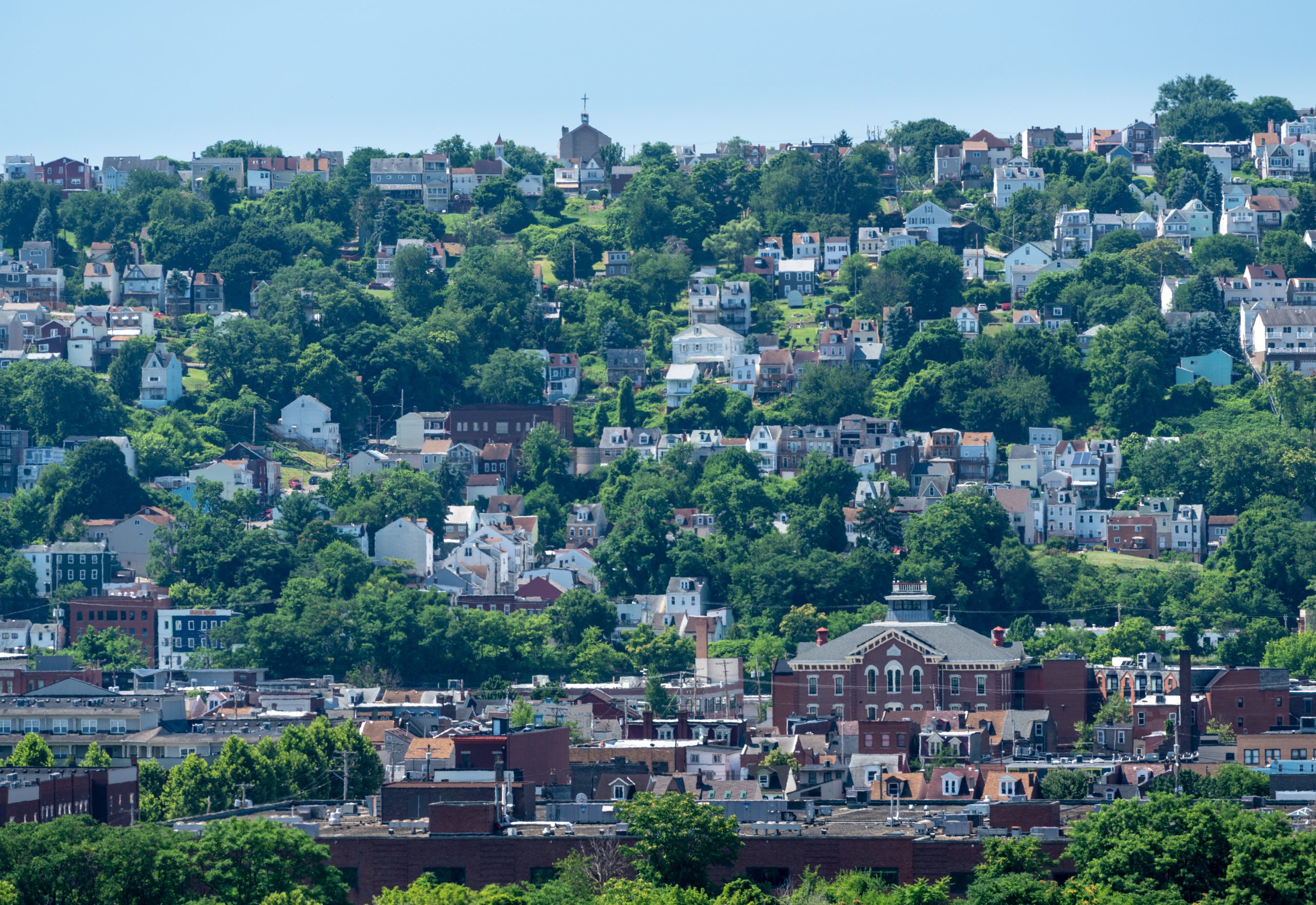At Omicelo Cares, we understand and value the importance of education. We believe that with adequate education, any community member is capable of making a change for good in their community. With those values at the forefront of everything we do, we provide educational series to community members in the neighborhoods of Pittsburgh, Pennsylvania, that enable them to:
- Raise their income
- Grow their business
- Own financial assets
- Impact their community
Omicelo Cares’ courses equip our students with the knowledge to set themselves up for success. Our Real Estate Co-Powerment Series educates community members on investing in commercial real estate, private real estate, community building, and how to flip and sell properties at prices that the community can afford. These practices help stabilize the local economy, enabling prosperous livelihoods for all community members.
Our Real-Estate Co-Powerment Series enables community members to provide families who are low-income with housing in Pittsburgh that they can afford.
Pittsburgh: A City of Passion and Affordable Housing
In 2022, U.S. News and World Report ranked Pittsburgh as the 26th best place to live in the U.S. out of its 150 most populated cities. This ranking is based on many factors, including the job market, housing affordability, desirability, net migration, and quality of life, which is composed of the quality of education and health care, well-being, the commuter index, the air quality index, and crime rates.
For those of us who call Pittsburgh home, our love for this city can be partly understood by the nicknames we call her: Steel City, Iron City, the City of Bridges, the Burgh, the 412, the Paris of Appalachia, and, for all the sports fans, the City of Champions. A community rich with history and passion, Pittsburghers are proud of where they come from.
Compared to the 2021 national average housing cost of $365,616, Pittsburgh’s average housing cost in 2021 was more than $100k less than the national average, coming in at $222,479. Additionally, U.S. News and World Report ranked Pittsburgh as the 6th cheapest place to live in the United States in 2022.
A Two-Fold Reality
While Pittsburgh is one of the most desirable places in the nation to live this coming year, our achievements come in tandem with the reality of poverty and low income, a persistent challenge within many major cities. Although Pittsburgh has a below average housing cost, this cost is still out of reach for many low-income families.
Impoverishment throughout cities decreases the community’s health due to inadequate health care, diet, housing, and education. The current poverty line is less than $26,500 a year; for an individual, it is $12,880. And with the poverty line this low, there are also many families above the poverty line within the low-income bracket who are still unable to provide for their own basic needs.
The federal government defines low income as 200% below the federal poverty threshold, which would currently be less than $53,000 for a family of four. With Pittsburgh’s median income being $50,536, low-income housing is a genuine reality in the Steel City.
The Cause of Low-Income Housing in Pittsburgh
While low income is not the same as poverty, it is still not considered a reasonable living condition. Low-income families lack adequate nutrition, healthcare, education, jobs, and housing — all essentials to a prosperous life. So why do Pittsburgh communities struggle to offer housing for low-income families?
The Center for American Progress attributes this to the increase of wealthy people moving inward toward the city center, especially when the city is becoming an increasingly popular place to live. With the rise of wealthy people in the area, low-income families are “priced out of their neighborhoods.” Moreover, many low-income families rent their homes, and with this economic change, these low-income households experience instability as rent increases to accommodate an affluent audience. Yet, these low-income families’ wages remain the same.
In short, gentrification, an increase in real estate prices, and a decrease in rental availability cause the struggle that Pittsburgh neighborhoods experience when trying to provide low-income housing for families in the area.
Overcoming Impoverishment Through Education
Because of these persistent housing issues within Pittsburgh, we at Omicelo Cares strive to bring prosperity to low-income areas through real estate education — specifically, our Real Estate Co-Powerment Series.
Our organization was founded on the principle that neighborhoods create promise for community members, and by educating the community to make the real estate market reflect the median income in impoverished communities, we can help develop flourishing communities within low- to moderate-income areas in Pittsburgh. In addition, our focus on financial health has helped individuals own low-income housing in Pittsburgh and increase their incomes.
Making an Impact Through Education on Low-Income Housing in Pittsburgh
We’ve built our programs to be accessible to those who need them, but we can’t do it all alone. As our team works to strengthen every neighborhood in Pittsburgh through education, support, and care, we’re always on the lookout for partners to help us achieve our ambitious — yet very achievable — goals. Learn how you can help improve your community by contacting us today.
